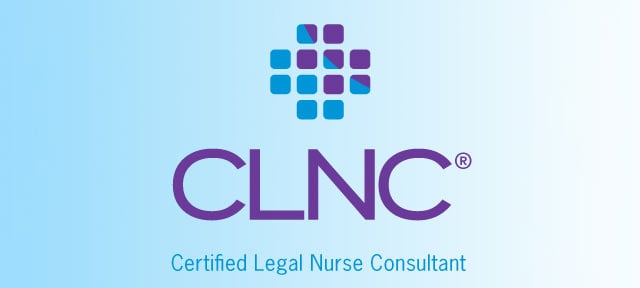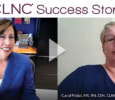Tip #6
Check the “To:” line before you send and don’t hit “Reply to All” unless you know who “all” really is. This is a great way to send an email to the wrong people (perhaps even the opposing side). If you use the “auto-fill” feature for addresses it will fill in the email addresses as you start typing. If you have any attorney-clients with similar names, you need to be extra careful. Only “Cc:” someone if they need to be copied. Be careful with the use of “Bcc:.” Once you send an email, you lose control over who it is forwarded to and what changes can be made in the body/content as it’s forwarded. Attorneys like to know who is being included on their correspondence so using “Bcc:” to show your friends how important you are is a bad move.
Tip #7
Remember that once you send it, you can’t call it back. Email has almost no ability to be recalled. In other words when you click “send” it’s off to its final destination, errors and all. We’ve all sent an email while feeling angry or upset about something and then wished we hadn’t. If you think you’re being a little strong, take a few minutes between finishing the typing and hitting send. Then come back and review it to make sure you really want to send it as is.
Tip #8
Irony, sarcasm and humor aren’t always readily apparent in an email. Remember that the reader can’t hear your tone of voice or see that you were smiling while you wrote the communication. They may misinterpret your communication in a way you did not expect.
Tip #9
Go ahead and break the chain. No one will die. It’s time to stop forwarding those “urgent pleas” for peace on earth, save the whales or other chain letter emails that would be debunked after a visit to Snopes.com. Your seven best friends or legal nurse consultant subcontractors have probably already deleted that same email without sending it to you, so return the favor. If you don’t know the kind of emails I’m talking about I can send you a few so you’ll get the idea.
Tip #10
Don’t forward jokes, even if you think they’re hilarious. Not everyone shares the same sense of humor and not everyone has a sense of humor (I can personally think of two attorneys and a doctor that I’ve never heard laugh – ever). A joke you might find funny will be offensive to someone else and you risk appearing unprofessional. If you do send the joke, spell check it first (unless that’s part of the joke). Just joking. DO NOT send jokes.
Tip #11
Remember, many attorneys didn’t grow up texting, so don’t think every attorney is familiar with those goofy acronyms your 14-year-old uses in her text messages. OMG that’s SHR2B trouble. While you’re at it, don’t use smileys or other cutesy emoticons either. You risk looking like an amateur. You wouldn’t put them in a business letter – don’t use them with your attorney-clients (save them for communications with your kids).
Tip #12
Close your email with a signature. Email signature files are a great way to do a little more branding. Your signature should contain your name, credentials, title and phone number (so you don’t have to type it each time) and can also include your legal nurse consulting company name, address, a confidentiality statement or whatever you want. Outlook® allows multiple (selectable) signatures because not every email is created equally. I have one signature with a confidentiality statement, another that has my full over-the-top branded “Wall Street Journal Bestselling Author, Inc. 5000, etc.” information, one that says “DO IT NOW” (just kidding – but it’s a good idea) and a simple one I use on internal email that just says, “Thanks, Vickie.” If you have a BlackBerry®, change the signature from the one that reads “Sent from my BlackBerry® while sitting in traffic” to a text version of your full signature. If you’re using signatures, use your full signature on the first email and an abbreviated one on replies and on daily correspondence. It’s time consuming to have to scroll through a lot of full signatures to review the meat of an email thread that’s gone back and forth.
Tip #13
Separate your private life from your legal nurse consulting business with separate email accounts. Use the branded email for your company and business communications. Set up an account with your Internet service provider or one of the free email services like Gmail, live.com or Yahoo! for your personal email. That way when you do send that ROFL Cats email (Bing! it) to everyone in your address book, it won’t go to your attorney-clients too.
Success Is Inside!
P.S. Comment and share your tips for professional email communications.









Vickie
Thanks for all the emailing tips for these past 2 days.
Dear Vickie,
Thank you for all the e-mailing tips. Most of the tips were common sense tips. Amazingly, some professionals do not separate writing styles used for family and friends with writing styles used for clients and associates. Your blog is a good reminder to use literacy skills learned long ago.